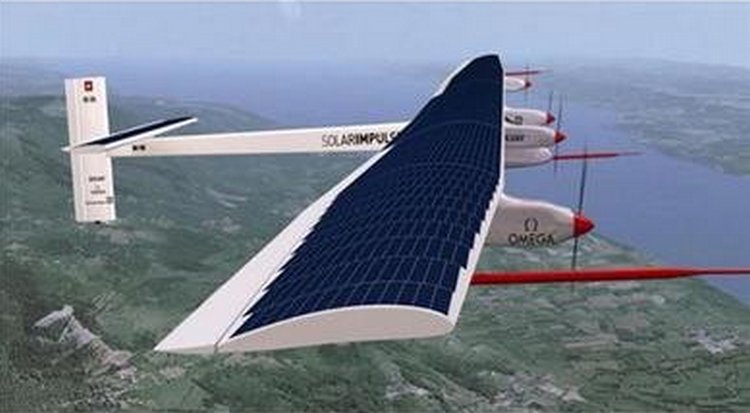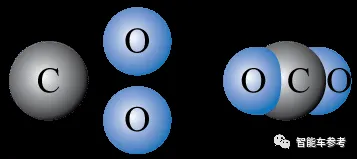
LG Chem recently announced that its prototype lithium-sulfur battery successfully completed multiple high-altitude flights of the EAV-3, a solar-powered unmanned aircraft developed by the Korea Aerospace Research Institute.
The EAV-3, which is approximately 9 meters long and has a wingspan of about 20 meters, is powered by electricity harvested from solar panels, and is equipped with lithium-sulfur batteries that have an energy density 50% higher than that of the most advanced lithium-ion batteries on the market today, estimated at about 400 watt-hours per kilogram (the exact value has not yet been disclosed by LG Chem).
During this validation, the EAV-3 was tested for approximately 13 hours, with nearly 7 hours of flight time and a maximum altitude of 22 kilometers. Another important significance for the lithium-sulfur battery is that the test verified its stable charge/discharge function in the extreme environment of the stratosphere", where temperatures are as low as -70°C and the atmospheric pressure is about 1/25th of the ground level.
LG Chem also plans to introduce lithium-sulfur batteries to the market after 2025, with an energy density target of twice that of current lithium-ion batteries. However, from the perspective of automotive power battery, these lithium-sulfur batteries can meet the cycle life of electric vehicles and power output requirements is not yet known, and these two aspects of the current lithium-sulfur battery technology needs to break through the bottleneck.
(Source: Electric State)
[Zhongshun Xinneng Marketing Department July 10, 2021 Responsibility: Xiao Zheng]
* Reproduced for the purpose of transmitting more information, and does not mean that we endorse its views and are responsible for its authenticity.




